There is an ongoing trend among couple to start having children later and later in life. This may be because having a child at a later age often makes couples more prepared financially and emotionally for the responsibilities of parenthood.
There are various factors to consider when having a baby at a later age and it has its own advantages and disadvantages. This article will talk about the things that you need to know about having a baby at 40 years old.
- Understanding the Trend
- Fertility Issues
- Examining the Benefits of Having a Baby in Your 40s
- Attributed Health Benefits
- Looking at Potential Complications and Health Risks
- How Fertility Is Linked to Age
- Getting Pregnant at 40 Years Old
- The Pregnancy Experience at this Age
- Making Sure that Your Age Does Not Affect Delivery
- Possible Effects of Age on Delivery
- Considerations to Take Note of When Trying to Have a Baby in Your 40s
- Possibility of Twins or Multiple Pregnancies

Understanding the Trend
Aside from the increase in first-time births among women in their 40s, the CDC’s National Center for Health Statistics also found that US women are having less children in general. However, that wasn’t the case for those in their late 30s and 40s.
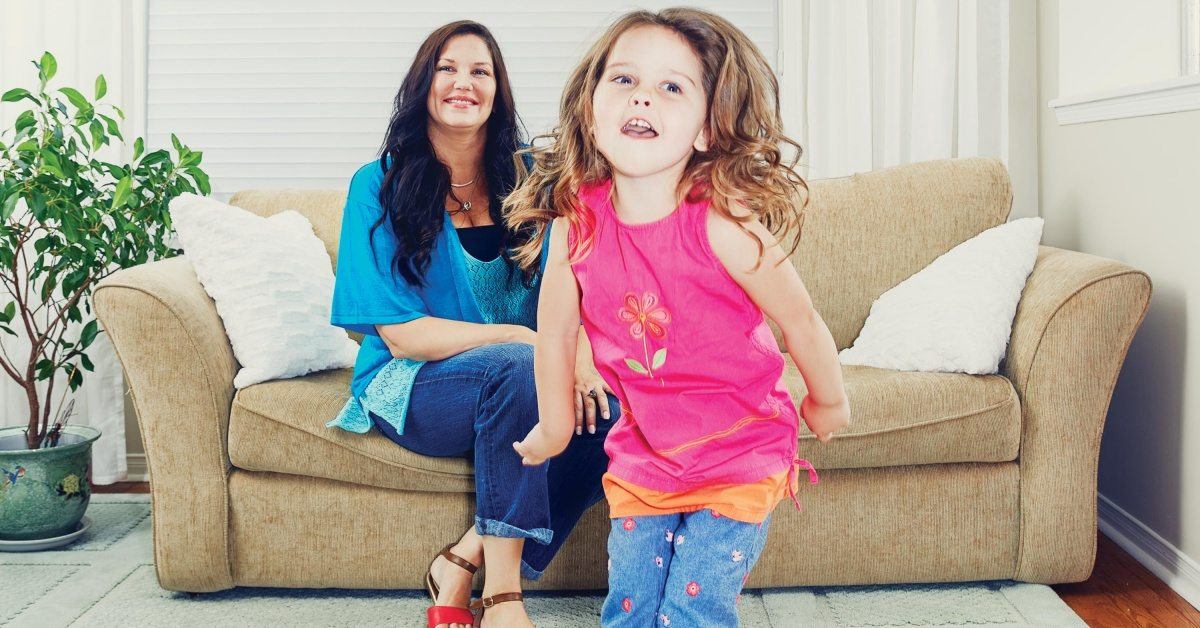
Meanwhile, the Pew Research Center analyzed US Census Bureau data and discovered that women are more likely to have children compared to 10 years ago but choose to do so at a later age of between 40 to 44.
These trends have been attributed to women deciding to delay marriage, pursue further education, and increase their participation in the work force.
Fertility Issues
Although there is an increase in the number of pregnancies and births among older women, the problem of infertility among women at this age still remains.

The American College of Obstetricians and Gynecologists (ACOG) states that female fertility begins to decline at a gradual rate at age 32 and will dramatically decrease starting at age 37.
Fertility problems may also arise among their male partners as they age, although at a slower pace. However, the risk of developing birth abnormalities also goes up with the age of male partners.
Examining the Benefits of Having a Baby in Your 40s
The benefits of having children at a later age may sometimes outweigh the advantages of having a baby at an earlier age. Women in their 40s are more financially stable and are able to take on the costs of raising children more easily.
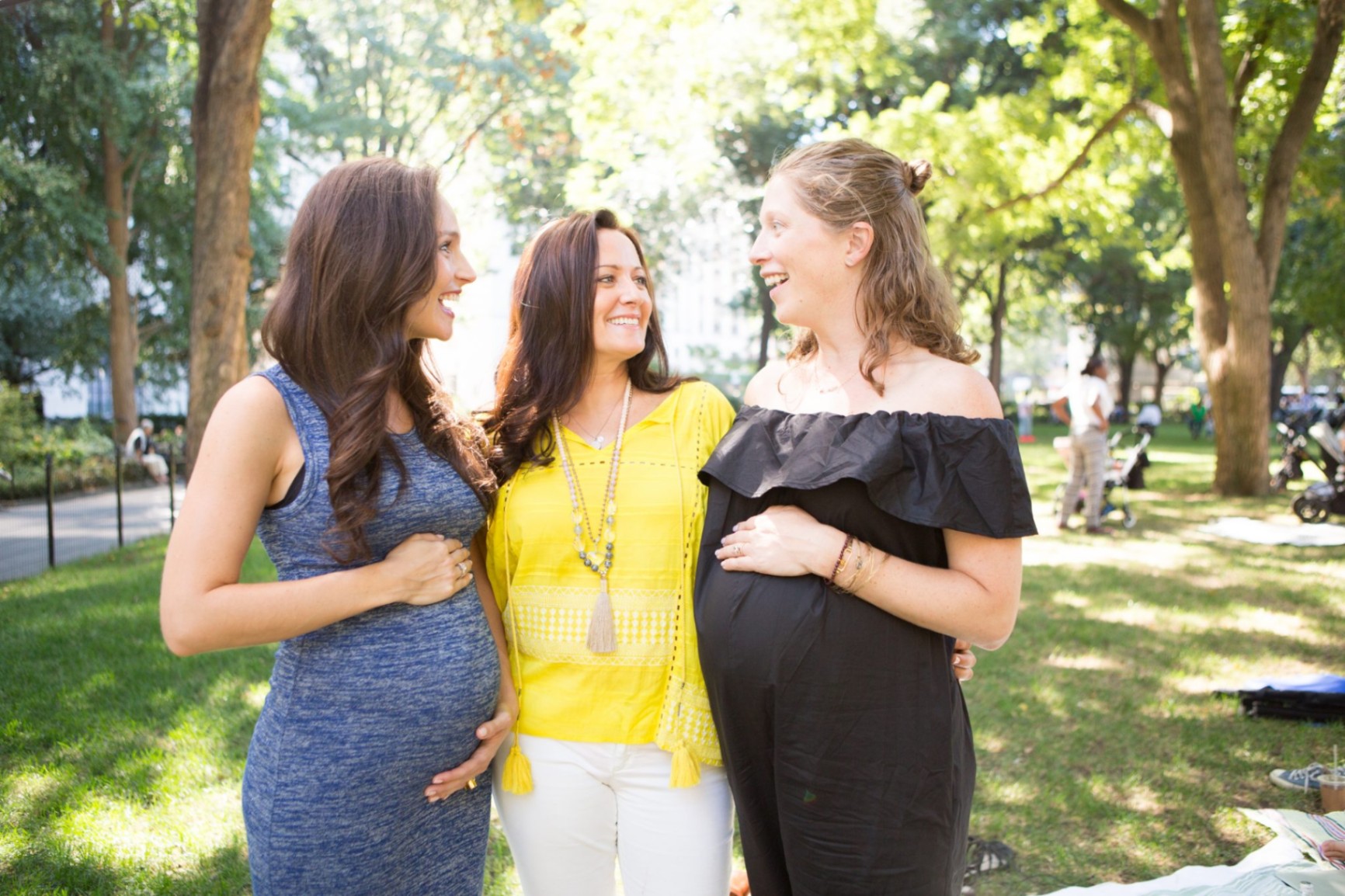
At this stage of their life, women have also established themselves career-wise so they usually have more time to spend taking care of their children.
Women in their 40s also more ready to have a baby with their partners. Studies have also shown that their children show better educational outcomes, including higher test scores and graduation rates.
Attributed Health Benefits
While there are no direct health benefits of having children in your 40s, there have been studies indicating improvement in the mental and emotional well-being of women.

Because women at this age are more likely to have a stable career, they are also able to afford better quality medical care. In addition, they are also able to take longer parental leave to heal and bond with the baby.
Other studies have shown that women who have their first pregnancy in their 40s show a slower cognitive decline and are more likely to live a longer life span.
Looking at Potential Complications and Health Risks
Although there have been numerous advances in medical care and technology surrounding pregnancy, delivery, and fertility, pregnancies beyond the age of 40 are still considered high risk.
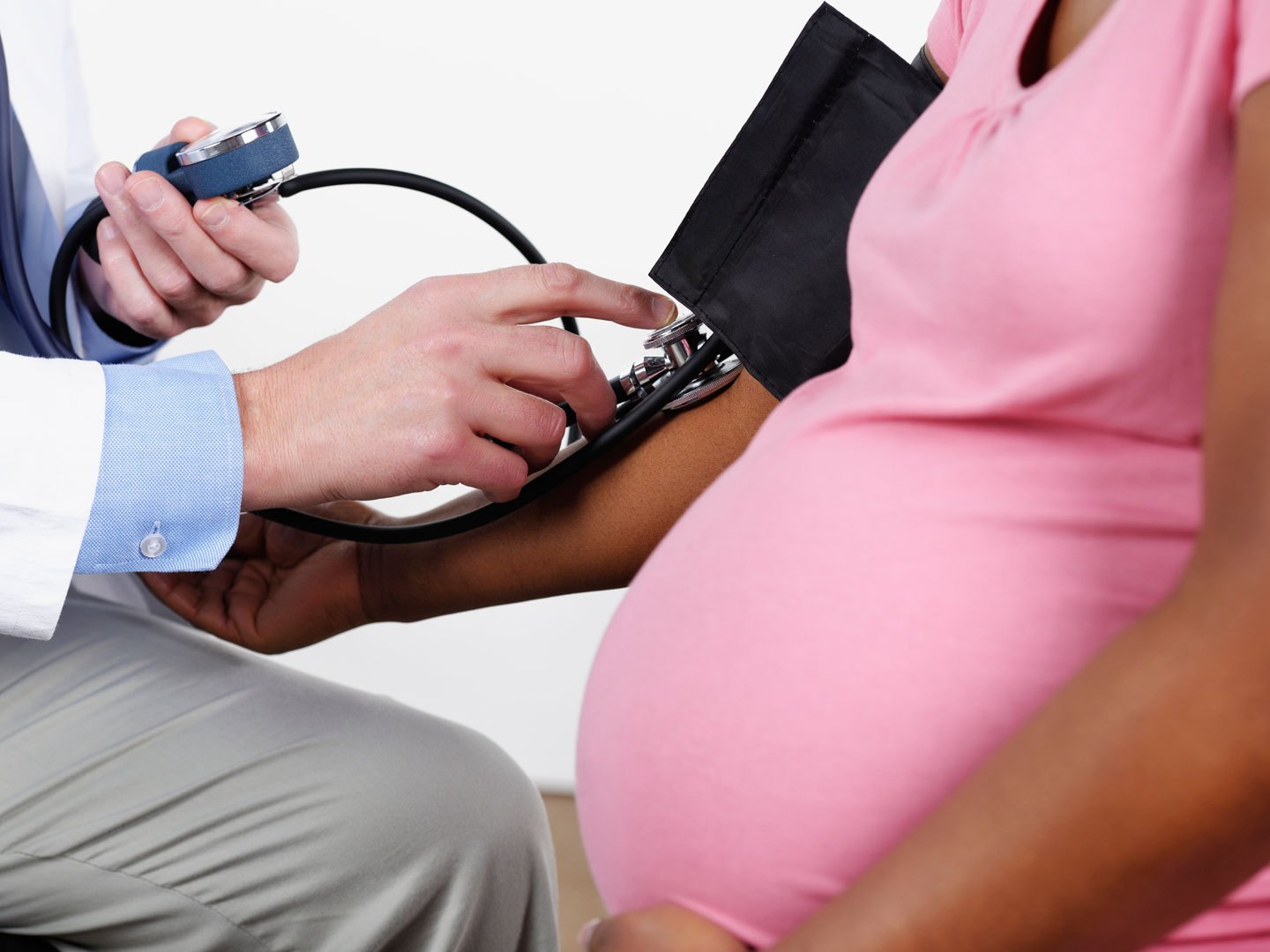
Physicians will closely monitor the mother and the baby for high blood pressure, which could increase the risk of preeclampsia and gestational diabetes.
Other things to look out for are miscarriage, birth defects, ectopic pregnancy, and low birth weight.
How Fertility Is Linked to Age
Although some women may find it ideal to start having kids later, fertility has been shown to decline with age. Women are born with all the eggs they will ever produce in their lives and this number decreases with age.

While younger women lose eggs at a gradual rate, women in their mid- to late 30s face a higher rate of decrease and this gets worse in the 40s. In addition, egg quality also declines as women get older.
The combination of reduced quantity and quality of the eggs then affects the likelihood of a woman to get pregnant and if some of them do, there is a higher chance of having a miscarriage.
Getting Pregnant at 40 Years Old
Since the chance of a woman getting pregnant every month at age 40 and beyond is only around 5%, you may want to consult a fertility specialist. You may undergo tests to determine the factors affecting your ability to get pregnant.

It’s important for couples to make sure they have unprotected sex during the woman’s fertile window. You may use ovulation apps, monitor your basal body temperature, and other methods for determining the fertile period.
The ACOG even reports that most women beyond age 45 can no longer conceive naturally. There are several solutions to boost your pregnancy chances, including fertility drugs, assisted reproductive technology, and intrauterine insemination.
The Pregnancy Experience at this Age
Aside from the challenge of getting pregnant, women in their later years may also face a more challenging pregnancy compared with younger women. Since joints and bones lose mass with age, older women will feel more joint and bone pains during pregnancy.
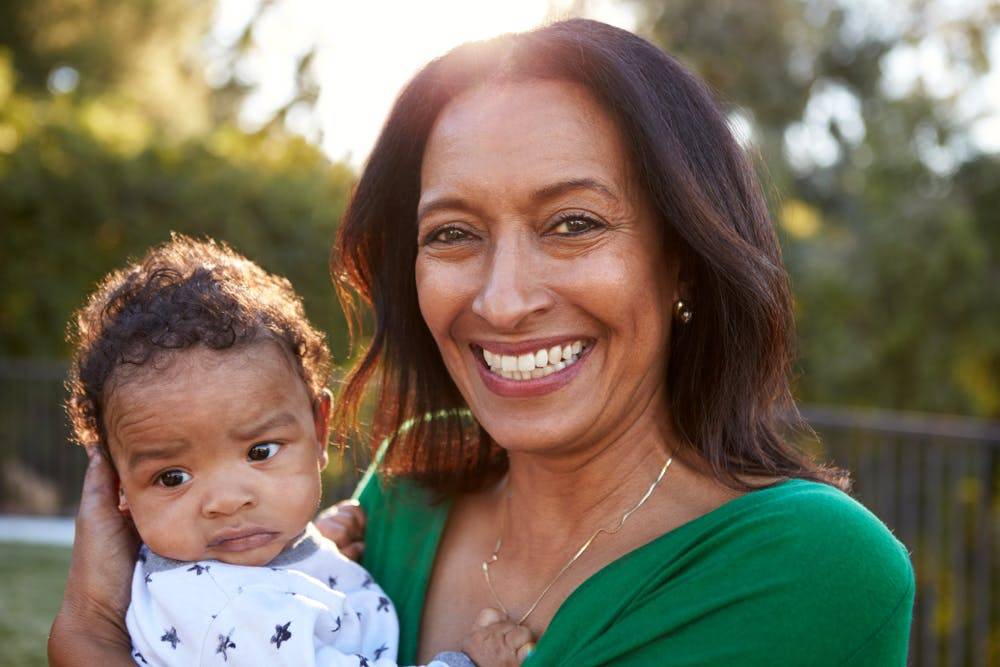
Pregnancy-related fatigue could may be more pronounced and you will be more susceptible to the health risks mentioned earlier. Fertility treatment increases the likelihood of premature birth so vaginal delivery may be less likely.
Cesarean delivery is mostly recommended to keep both the baby and the mother safe as vaginal delivery may be more challenging to older mothers. In addition, the possibility of stillbirth is higher.
Making Sure that Your Age Does Not Affect Delivery
One study published in 2015 revealed that being more than 40 years old does not necessarily affect delivery and that there was no significant difference in pregnancy and birth outcomes with those of younger women. However, this is not the scientific consensus.
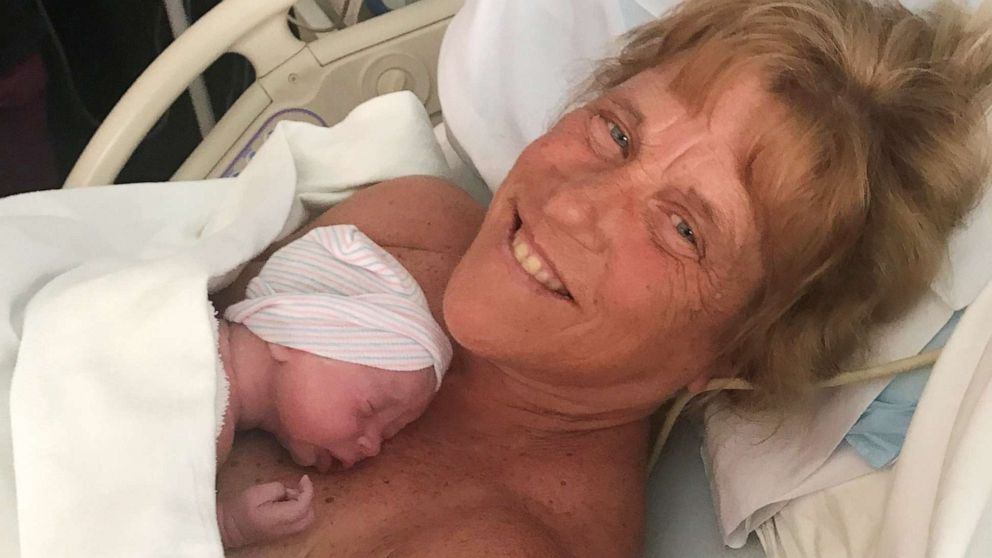
Nonetheless, there are certain conditions that women over 40 years old need to satisfy to prevent their age from affecting delivery. They should have quality prenatal care, attend regular prenatal appointments, and have the baby in a prenatal center.
They should also be free from chronic medical conditions, such as hypertension, diabetes, obesity, and infections like HIV, STDs, tuberculosis, and viral hepatitis.
Possible Effects of Age on Delivery
Although these conditions may be satisfied, certain risks associated with age and childbirth may still happen. A German study conducted in 2017 examined the differences between women delivering beyond 45 and at age 29.
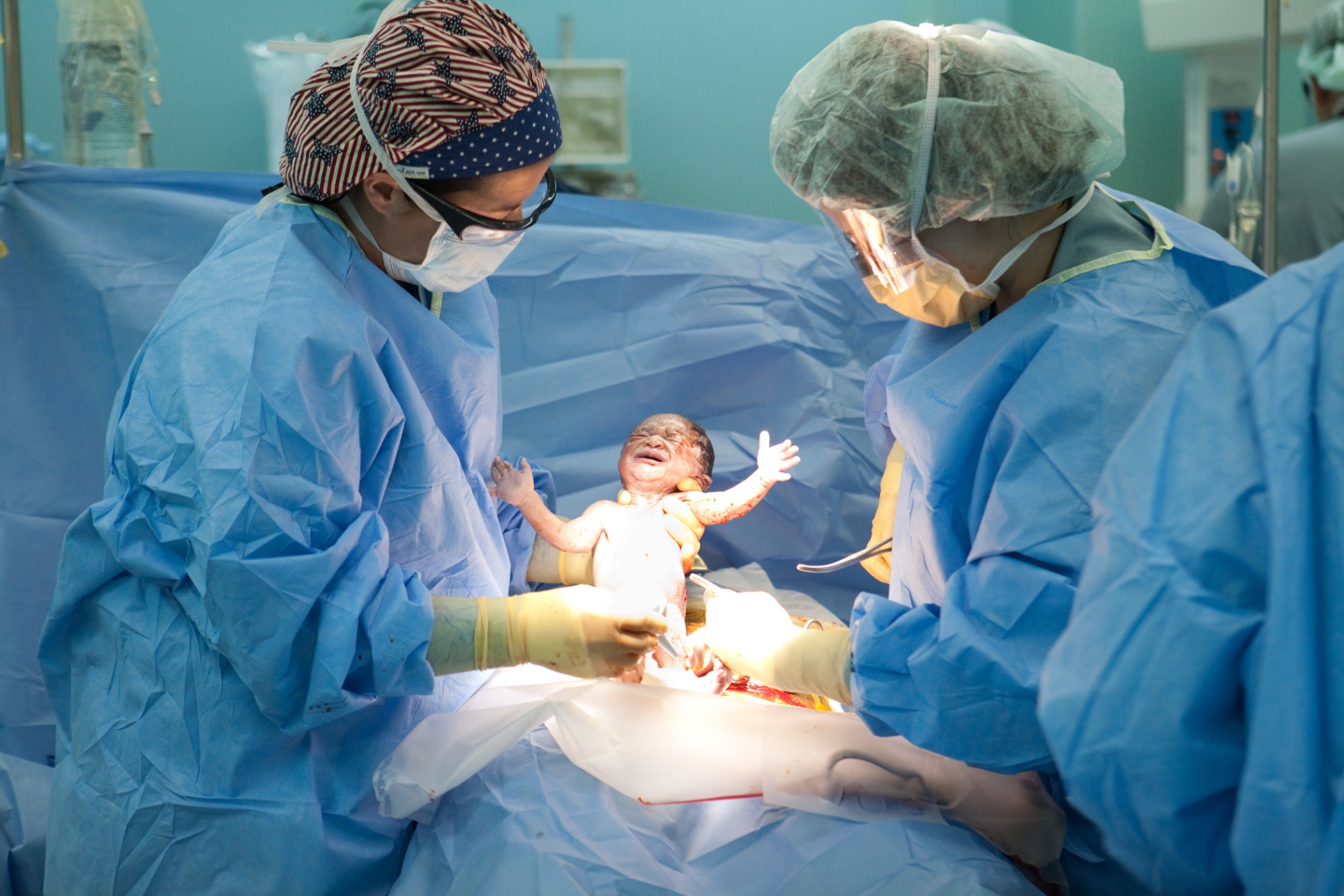
The scientists discovered that 28% of older women are more likely to have a preterm delivery compared with only 11% for younger women. It also found that cesarean delivery happens in 59% of older women and only 29% in younger women.
Furthermore, a 2019 study published in the Canadian Medical Association Journal correlated cesarean deliveries with an increased risk of severe complications, such as hemorrhage, stroke, and embolism.
Considerations to Take Note of When Trying to Have a Baby in your 40s
Since it was discussed earlier that the number of eggs drastically declines beyond the age of 40, you should work closely with your fertility specialist. Getting pregnant may take longer but you still have to do things quickly.

If you or your partner have any pre-existing health conditions like diabetes or polycystic ovary syndrome (PCOS), you may want to see our doctor first before attempting to get pregnant.
If natural conception is not working, you may want to evaluate whether you are ready to possibly make multiple attempts using fertility treatments. This involves physical, psychological, and financial readiness.
Possibility of Twins or Multiple Pregnancies
There is a misconception that getting pregnant at an older age could lead to multiple pregnancies. However, age in itself does not necessarily increase the probability of having twins or multiple babies.

However, fertility medications used for increasing ovulation can potentially increase the probability of getting multiple pregnancies.
However, having twins or multiples also means there is a higher risk that your babies will be born prematurely.
The Bottom Line
Compared with the past, women trying to conceive at the age of 40 and beyond are increasing in numbers nowadays. This means that doctors and other health professionals are more exposed to these kinds of pregnancies and are more adjusted to these situations.
Many people at this age have had healthy and safe pregnancies so you should not be too worried about it as long as you stay healthy and work closely with your health care provider. With proper guidance and a healthy lifestyle, bringing a healthy baby into this world at 40 is not impossible.







